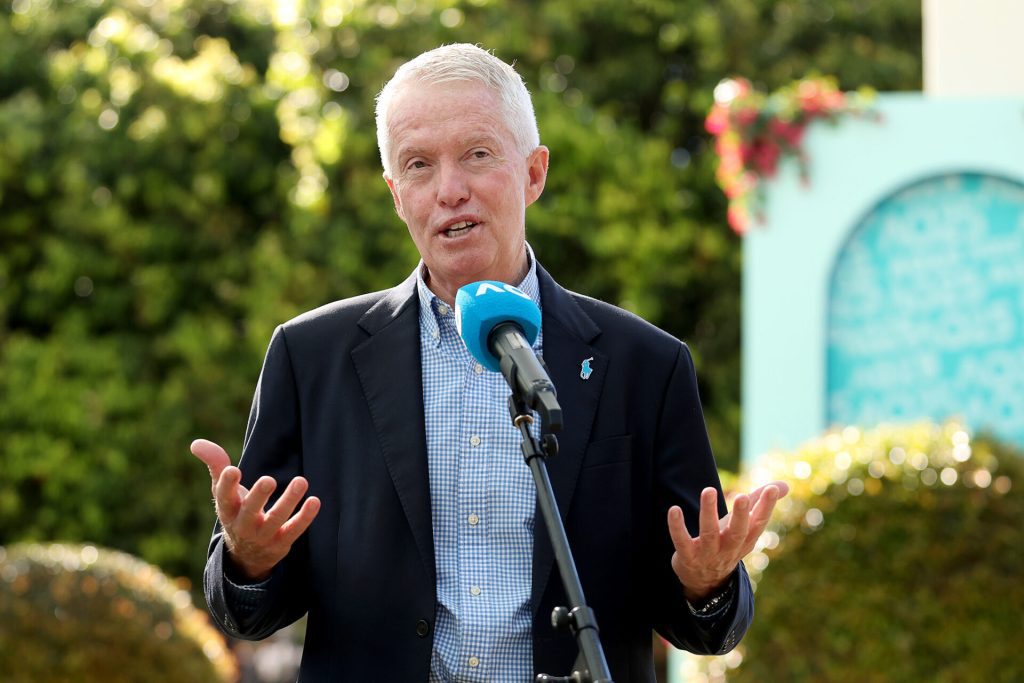The French Open Faces Scheduling Backlash
As the tournament advances, there’s growing dissatisfaction regarding the scheduling decisions made at this year’s French Open. Fans on the iconic Philippe Chatrier court have yet to witness any WTA stars headlining an evening match, with only the men taking the spotlight during night sessions.
Leading female players like Jessica Pegula have openly criticized the lack of equity, echoing concerns raised by fellow athletes such as Iga Swiatek and Ons Jabeur. The debate persists as to why women are not given the chance for prominent night appearances on Chatrier.
Craig Tiley Weighs In
Amidst the complaints, Craig Tiley, the director of the Australian Open, shared his perspective on the scheduling controversy. During an appearance on the Australian Open YouTube channel, he explained the considerations that influence their scheduling choices.
“The French Open has unique circumstances and factors impacting their decisions,” Tiley noted. He acknowledged that the night match concept is relatively new for Roland Garros and highlighted the difference in their scheduling approach compared to events like Wimbledon.
Factors Influencing Scheduling Decisions
Tiley further elaborated on the Australian Open’s strategy of equally sharing match slots between male and female players. He described how their evening sessions typically feature two matches and start earlier, allowing for a more balanced schedule.
He discussed challenges such as match lengths and the three-set versus five-set formats, indicating that shorter matches could lead to dissatisfaction among fans if a women’s match were to occupy a night session at Chatrier.
Potential Women’s Matches for Night Sessions
The debate continues over whether female players could have provided compelling alternatives for the night sessions. A table listing matches over the tournament indicates multiple opportunities where women’s matches could have showcased top-tier talent.
With significant matches coming up, including Aryna Sabalenka facing Iga Swiatek, the question remains whether future scheduling will evolve to provide equal opportunities for women in the evening spotlight at Roland Garros.



